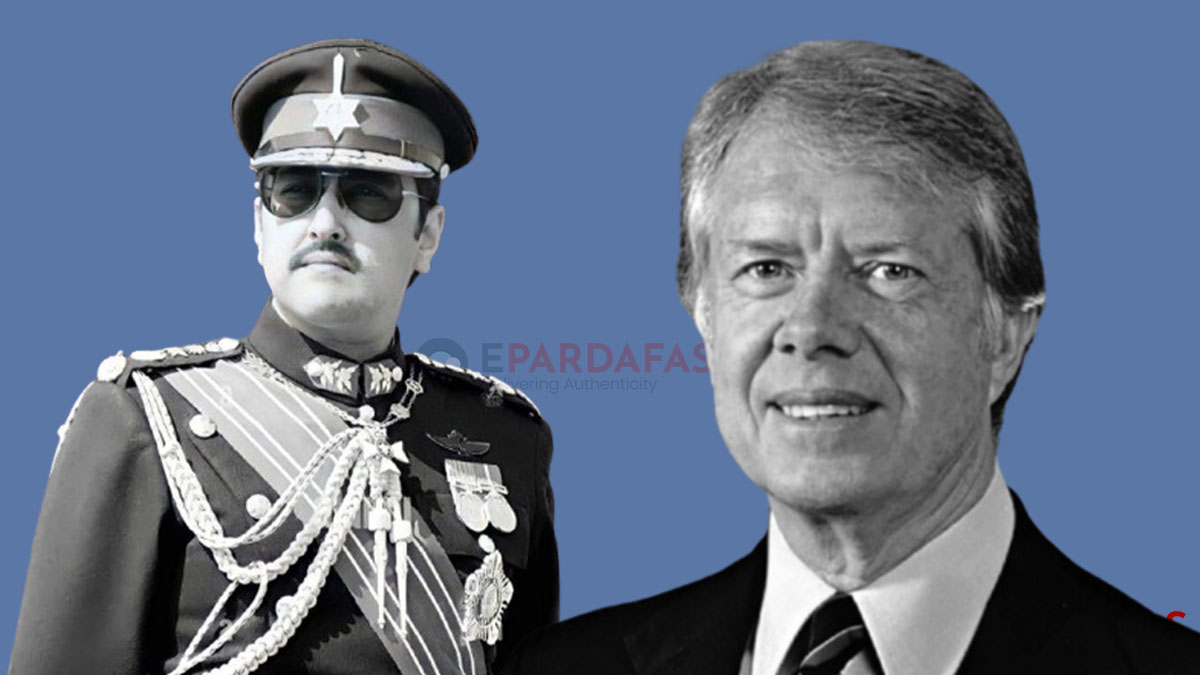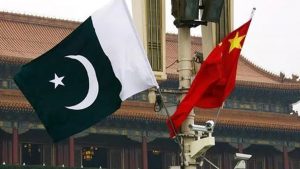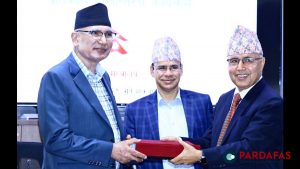
King Birendra’s Vision for Peace and Carter’s Thoughtful Response
On February 7, 1977, King Birendra of Nepal sent a formal letter to U.S. President Jimmy Carter, congratulating him on his recent election victory and inauguration. The letter celebrated the strong and enduring ties between Nepal and the United States while expressing optimism about further deepening their bilateral relationship during Carter’s presidency.
The highlight of King Birendra’s letter was his visionary proposal to designate Nepal a “Zone of Peace.” This initiative aimed to safeguard Nepal’s sovereignty by ensuring that no hostile actions involving the nation would occur, while Nepal pledged not to allow its territory to be used for aggression. The King emphasized that this status would enable Nepal to focus on economic development, contributing to both regional stability and global peace. He sought U.S. understanding and support for this idea, particularly given Nepal’s sensitive geopolitical position between its two powerful neighbors, India and China.
In addition to the “Zone of Peace” proposal, King Birendra reaffirmed Nepal’s commitment to global peace by highlighting its ratification of the Nuclear Non-Proliferation Treaty. As a gesture of goodwill, he extended a warm invitation to President Carter and First Lady Rosalynn Carter to visit Nepal, expressing hope for a visit that would strengthen bilateral ties further.
Nearly a year later, on February 1, 1978, President Carter responded through diplomatic channels. His letter reflected a thoughtful acknowledgment of King Birendra’s vision and Nepal’s geopolitical realities. While Carter stopped short of explicitly endorsing the “Zone of Peace” initiative, his reply demonstrated a nuanced understanding of Nepal’s aspirations for neutrality and peace.
President Carter commended Nepal’s efforts to maintain peaceful relations with its neighbors and praised its role in fostering regional stability. He reiterated the U.S. commitment to supporting Nepal’s development through programs like AID and the Peace Corps. Carter also expressed admiration for Nepal’s firm stance against narcotics production and trafficking, highlighting shared priorities for international peace and security.
Addressing regional cooperation, Carter referenced Nepal’s innovative approach to mobilizing water resources for shared development, a key focus of King Birendra’s policies. His response reflected respect for Nepal’s aspirations while navigating the sensitivities of its geopolitical environment.
The exchange between King Birendra and President Carter, spanning 1977 and 1978, stands as a significant chapter in Nepal-U.S. relations. As the world reflects on Carter’s extraordinary legacy following his passing in 2024, this correspondence serves as a testament to his commitment to dialogue, mutual respect, and peaceful collaboration.
King Birendra’s “Zone of Peace” proposal continues to resonate as a cornerstone of Nepal’s diplomatic vision, rooted in neutrality and harmony. This historic exchange, framed within Carter’s broader legacy, reminds nations of the enduring importance of shared values and aspirations in building a peaceful and cooperative world.
Source:
National Archives, RG 59, Central Foreign Policy File.













Comments